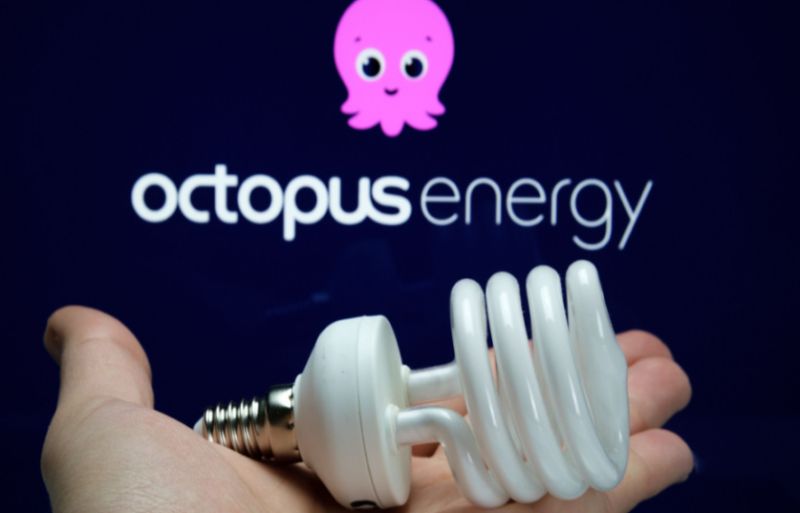06
June 2022
Octopus Energy announces plans for first self-sufficient houses without energy bills
Octopus has teamed up with construction firm Ilke Homes to trial a range of self-powering properties.
The innovative scheme hopes to create a generation of households that are not reliant on fossil fuels. This is achieved through the installation of solar panels, air pumps and battery storage during the building process.
While it will make the properties around £8,000 more expensive, they are completely self-sufficient and therefore without energy bills. At current prices, this would represent a return on investment within around four to five years.
Two factory-built homes will be erected in Essex as the first part of the trial. Should it be successful, Ilke has said that they hope to have 10,000 of these properties built by 2030.
Ilke Homes CEO Giles Carter, said: “Our strategic partnership with Octopus Energy Group is the next milestone on our Ilke ZERO journey.
“The premise of this partnership is to both empower consumers, who are faced with one of the worst cost-of-living crises in decades, and demonstrate that net-zero and construction can work hand in hand.
“Thanks to years of intensive research and development, we have successfully created a ready-to-go, highly energy-efficient solution to housing delivery — one which will help investors future-proof investments against government policy, help meet strict ESG criteria, and allow for revenue streams to be accessed as quick as possible due to a significant reduction in construction programmes.”
Creating sustainable, self-sufficient homes could help the UK to achieve two of its most pressing goals. The first of these is its ambitious net-zero aspirations, set out ahead of COP26. Second, is the growing urge to bring down household energy bills, which are the driving force behind the current cost of living crisis.
“This breakthrough partnership debunks a long-standing myth — that cleaner energy will mean higher bills for consumers; instead, people living in these homes won’t be paying for energy at all,” said Octopus CEO, Greg Jackson.
“This is yet another demonstration that clean energy is cheap energy, and the best answer to the fossil fuel crisis is accelerating the transition to renewables.”
From April the 1st, the energy price cap - a figure which dictates how much suppliers can charge customers - was increased by 54%. The new rate means that households are paying an average of nearly £2,000 per year for their energy bills. There had been hopes that this would drop when the cap is next reviewed in October.
However, Russia’s invasion of Ukraine and the subsequent market turmoil it caused ended this possibility. Current estimations for the next adjustment sit at £2,800.
While Octopus and Ilke’s zero bills homes are unlikely to have a positive impact in the short term, a successful rollout could be vital in ensuring that households are shielded from future price fluctuations.





